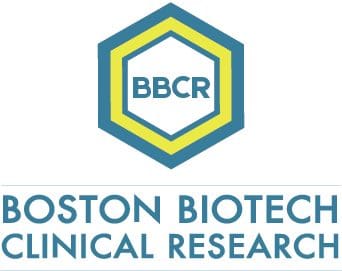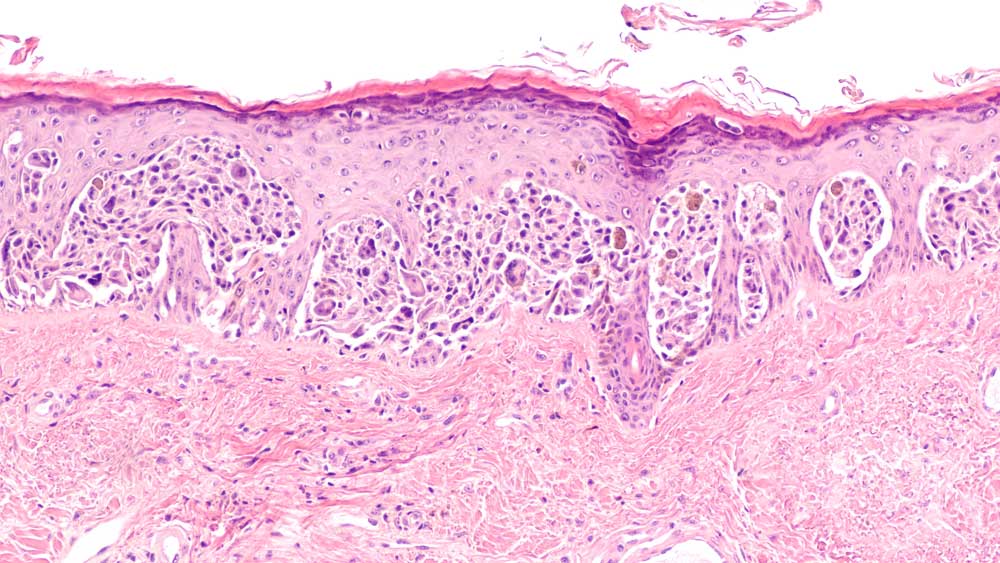Fecal microbiota transplantation (FMT) promotes the response of check point inhibitors (CPI) to melanoma patients
By: Dr. Maria Niu
Fecal microbiota transplantation (FMT) is a procedure that delivers fecal bacteria and other microbes from a healthy individual into another individual with various diseases or disorders. It has been recently tested in infection, immune conditions, and cancer patients.
In cancer, immunotherapy with CPI has led to promising achievement in the field of cancer treatment. Still, certain patients seem to lack the ability to respond to immune checkpoint inhibitors, demonstrating a primary resistance to immunotherapy.
FMT was recently investigated to test whether FMT can affect how metastatic melanoma patients respond to anti-PD1 immunotherapy by two first-in-human clinical studies.
These studies were published on February 5 in Science (DOI: 10.1126/science.abb5920 and DOI: 10.1126/science.abf3363).
In phase 1 clinical trial (DOI: 10.1126/science.abb5920) reported by Baruch et al., the safety and feasibility of FMT and reinduction anti-PD1 refractory metastatic melanoma was investigated in 10 melanoma patients. Treatment with FMT demonstrated favorable changes in immune cell infiltrate and gene expression profiles in both the gut lamina propria and the tumor microenvironment, indicating the potential benefit of gut microbiota in cancer treatment.
In the study (DOI: 10.1126/science.abf3363) reported by Davar et al., the authors evaluated the safety and efficacy of responder-derived FMT combined with anti-PD1 drugs in 15 patients with PD-1 refractory melanoma. The combination was well tolerated and showed clinical benefit in 6 of 15 patients. The significant benefits included an improved response to anti-PD-1, increased CD8+T cell activation, and decreased frequency of interleukin-8-expressing myeloid cells. Also, the gut microbiome was significantly associated with distinct proteomic and metabolomic signatures.
All these findings suggest that the combination of selected fecal bacteria and anti-PD-1 changed the gut microbiome and reprogrammed the tumor microenvironment, thus improved the efficacy of anti-PD-1 in melanoma. Therefore, the studies provide a rationale for microbiome colonization and treatment in cancer patients.
#Melanoma #anti-PD-1 #gutmicrobiome #tumor #microenvironment #antiPD1resistance #FMT #fecalbacteria

Specializing in rare disease, Boston Biotech Clinical Research works with biotech, pharmaceutical, device companies and investors to streamline the clinical trial process. Our experienced team helps each client reach their specific goals by customizing a clinical and regulatory road map of simplified programs and streamlined protocols to meet our clients’ requirements.

